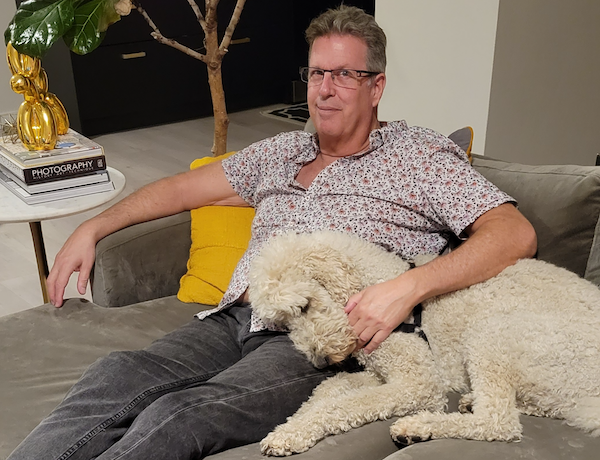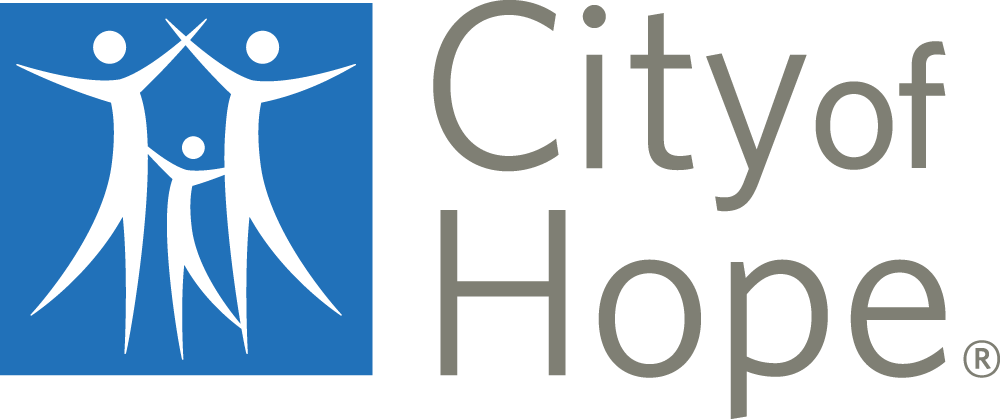
Nestled in Southern California, Jeffrey Okyle’s life unfolds as proof of the enduring power of family values. His journey to a life of charity is an intriguing blend of a traditional upbringing and a foundation of helping others in need — a foundation that set the stage for Jeffrey to include City of Hope in his life and his legacy.
Nestled in Southern California, Jeffrey Okyle’s life unfolds as proof of the enduring power of family values. His journey to a life of charity is an intriguing blend of a traditional upbringing and a foundation of helping others in need — a foundation that set the stage for Jeffrey to include City of Hope in his life and his legacy.
Growing up in a household reminiscent of a classic TV show, his parents instilled in him the significance of making a positive impact on the world. A pivotal moment for Jeffrey came when his parents organized a fundraising drive in 1973 for the Yom Kippur war. That event had a lasting impact and shaped his lifelong commitment to philanthropy.
Tragedy struck when Jeffrey’s father succumbed to Hodgkin’s lymphoma at the age of 53. This profound loss prompted him to contemplate the significance of leaving behind a meaningful legacy. Motivated by personal experiences with cancer (his father), diabetes (his sister) and the prevalence of HIV in the LGBTQIA+ community, he vowed to align his contributions with causes he holds dear.
Jeffrey’s passion for science and medicine led him to join the inaugural board of City of Hope’s Los Angeles Real Estate Council and take multiple tours at City of Hope, where he delved into the latest advancements in science and research. Inspired by the organization’s dedication to addressing cancer, HIV and diabetes, he found a cause that resonated deeply with his values.
Witnessing City of Hope’s innovative scientific research and its commitment to the well-being of patients and their families, he became an advocate for their mission. “We can see the subtle changes made for patients — the welcome center, emotional support, care for the family and, of course, the research and manufacturing of drugs,” Jeffrey says. He also deepened his commitment, naming City of Hope a beneficiary of his estate plan. By doing so, he ensures a lasting impact that extends beyond his lifetime.
For Jeffrey, supporting City of Hope is not just a financial commitment — it’s a deeply personal and philosophical choice. In sharing his story, he wants others to think about the importance of legacy planning. “Many are not aware you can give without necessarily spending your money today.” He encourages others to explore their passions, conduct research, take tours and make commitments to causes that resonate with their values. “I feel a sense of purpose and responsibility to provide what I can for causes close to my heart, such as City of Hope.”
